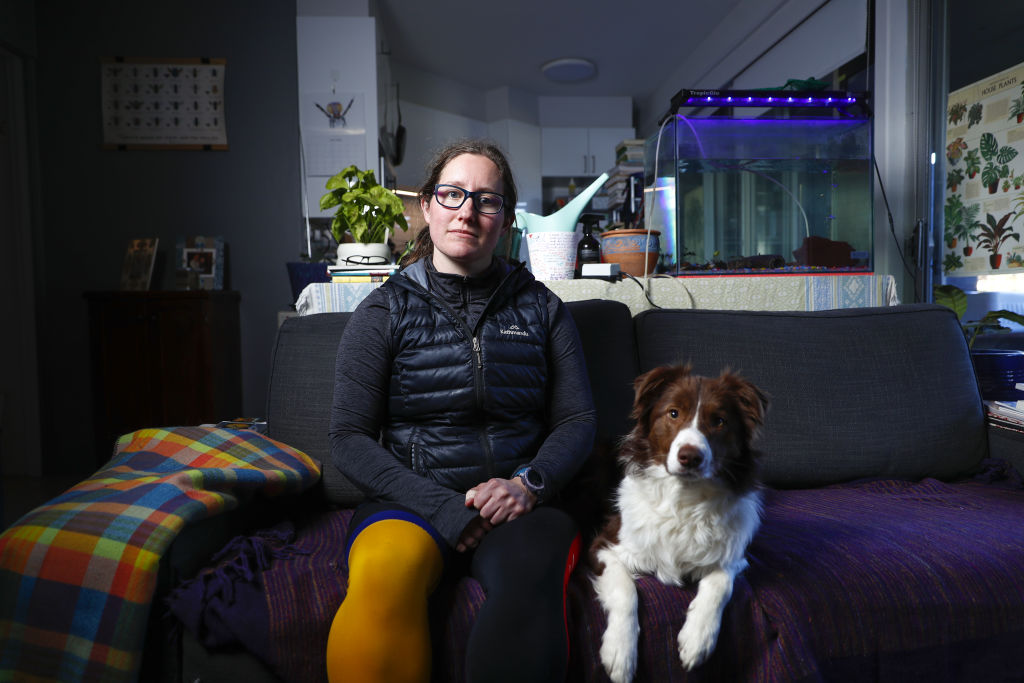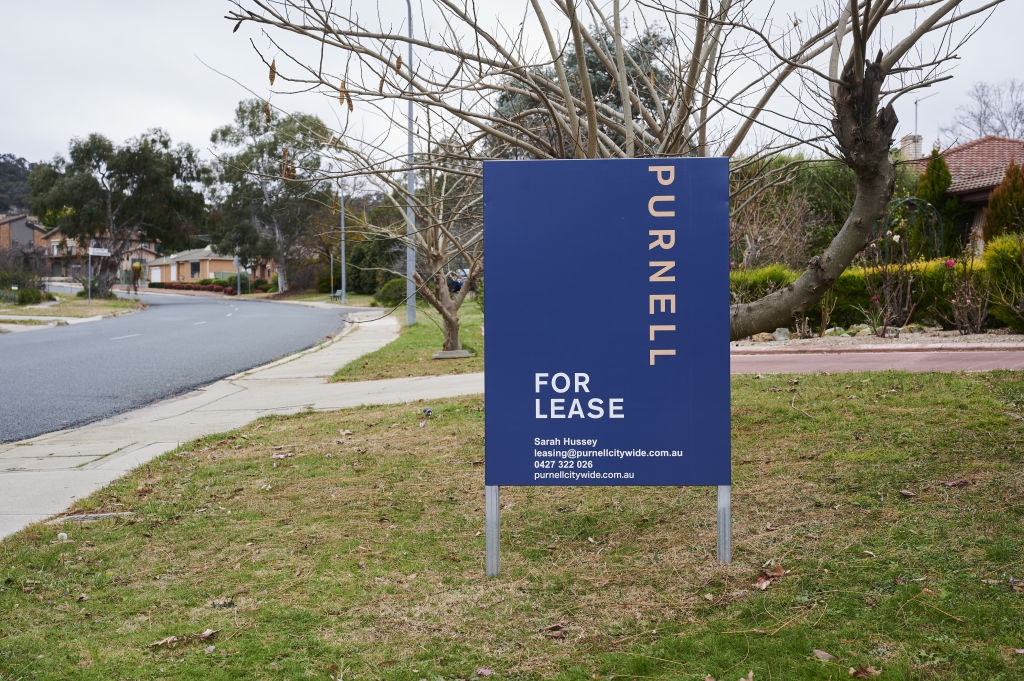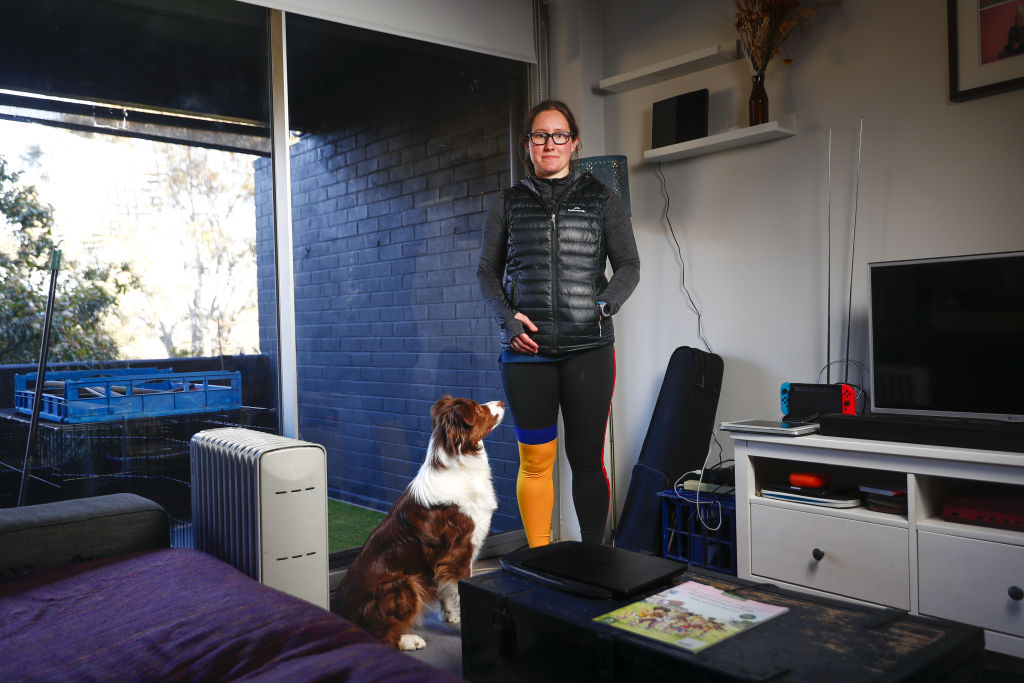How the ACT's latest draft bill can help Canberra renters

When Emma Collins was still a renter, she used to feel like a second-class citizen.
She rented in Canberra for more than 15 years and was always wary of what might happen if she raised any concerns or requests with her landlords.
At one stage, when she was the tenant of a small two-bedroom house in Woden Valley, one such request resulted in an eviction notice.
Four months into a 12-month lease, Collins asked her landlord for approval to have a pet in the home.
Once a request for a pet has been made, a landlord has a certain timeframe to respond, and refusal must be taken up with the ACT Civil and Administrative Tribunal.
“I never heard back from anyone after some back-and-forth about the conditions, and, under legislation, if you don’t receive a refusal in a timeframe, passive consent is received,” she said.

Six weeks later, Collins received a notice to vacate under a no-grounds termination.
As she looked for a new home, Collins said she had to stay in temporary residence for six months, which was “extremely stressful and costly”.
Similar no-cause terminations of tenancies in Canberra are the focal point of a newly introduced draft bill from the ACT government.
An exposure draft of the Residential Tenancies Amendment Bill 2022 proposes laws to remove these kinds of evictions and provide tenants with more freedoms.
ACT Attorney-General Shane Rattenbury said the changes would create a fairer rental system, as pressures continued to grow around rental affordability and availability.
“The bottom line is that people deserve a home to live in and shouldn’t be evicted without a legitimate reason,” he said.
“The ACT government has committed to end no-cause evictions to help address the power imbalance that currently exists between landlords and a tenant.
“[We’ve] heard from tenants that removing no-cause evictions will give them better security of tenure and greater confidence to assert other tenancy rights without fearing eviction.”

The biggest changes within the draft bill include the removal of a landlord’s current ability to terminate tenancies without grounds, and new grounds to terminate a tenancy if the renters are unsafe in the household.
Better Renting executive director Joel Dignam said the proposals by the ACT government were moving in the right direction.
“It’s going to be such a good step, and one to be watching really closely to see how it plays out,” he said.
“I think people will still be a little bit concerned about other forms of retaliation, possibly through rent increases … or through the use of other grounds of termination.
“There is also a really important cultural shift being signalled here, and that is that someone’s home is actually quite important and something that the government should be protecting.”

While Canberra remains the most expensive capital city in which to rent, the draft bill’s proposals will make it one of the best for the security of tenants, Dignam added.
“The ACT is doing it properly; they are getting rid of no-cause terminations for good, and moving towards a good-cause framework,” he said.
“In places like Queensland, on the other hand, they got rid of no-cause terminations and then re-allowed ending a tenancy at the end of the fixed term.
“Canberra is still having a tough time in terms of costs and affordability, but in terms of security and not being kicked out for no good reason, it’s probably the best in Australia.”
We recommend
We thought you might like
States
Capital Cities
Capital Cities - Rentals
Popular Areas
Allhomes
More









